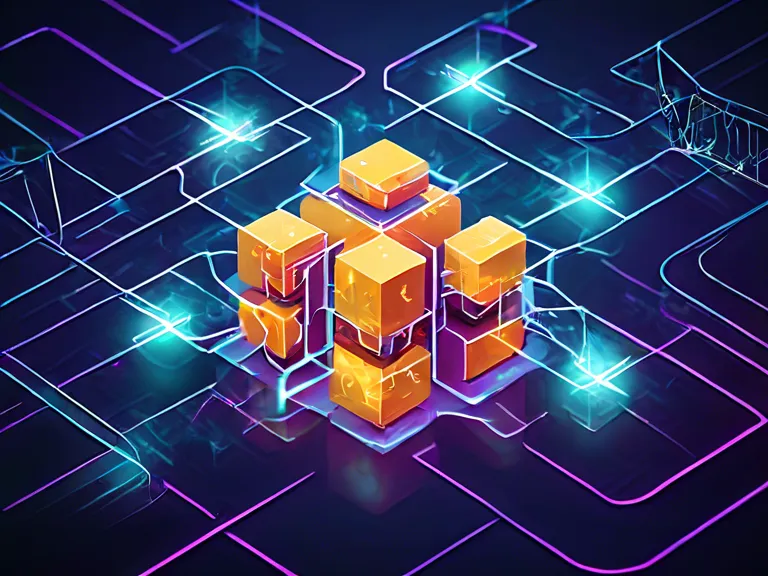
Blockchain technology is not limited to the realm of cryptocurrencies. Non-Fungible Tokens (NFTs) have been gaining popularity as a way to represent ownership of unique digital items. In this article, we explore how blockchain technology is revolutionizing the NFT market beyond just cryptocurrency.
Blockchain technology allows for the creation of unique digital assets that can be owned and traded securely. NFTs are one such example, representing ownership of a specific digital item, such as artwork, music, or collectibles. Unlike cryptocurrencies, NFTs are non-fungible, meaning each token is unique and cannot be exchanged for another token of the same value.
One of the key impacts of blockchain on the NFT market is the ability to verify ownership and ensure provenance of digital items. This has opened up new opportunities for artists and creators to monetize their work directly, without the need for intermediaries. By leveraging blockchain technology, NFTs offer a transparent and secure way to buy, sell, and trade digital assets.
Another important aspect of blockchain technology in the NFT market is the concept of smart contracts. Smart contracts are self-executing contracts with the terms of the agreement directly written into code. This allows for automated transactions and ensures that ownership rights are properly enforced. In the context of NFTs, smart contracts help facilitate the buying and selling of digital assets, streamlining the process and reducing the need for trust between parties.
Overall, blockchain technology is revolutionizing the NFT market by providing a secure and transparent platform for buying, selling, and trading digital assets. As the NFT market continues to grow, blockchain will play a crucial role in ensuring the integrity and authenticity of digital items. By exploring beyond cryptocurrencies, we can unlock the full potential of blockchain technology in the NFT market.



